ADHD is a brain type estimated to be present in 5% of Australians1. It sits under the broader neurodivergent umbrella, referring to people whose brains differ from dominant ideas of what’s “typical.” For ADHDers, this often means navigating a world that wasn’t designed with their way of thinking in mind. But it also means having a brain that comes with many incredible strengths.
People with ADHD are often creative, empathetic, and quick-thinking. They might hyperfocus on interests, come up with imaginative solutions, or thrive in dynamic environments. But these strengths can come with challenges, like managing time, juggling competing priorities, and retaining information. The result is often a mismatch between their needs and the expectations of workplaces, schools, and social systems.
Digital tools are a natural fit
Many ADHDers already lean into technology to help navigate daily life. It might look like:
- Using gamified to-do list apps to make routines more engaging
- Watching stimulating content while doing chores to boost dopamine
- Turning to AI tools to take notes or organise thoughts
- Setting reminders and alarms to support time management
These are more than productivity hacks, they’re practical ways of working with the ADHD brain, not against it.
Digital Mental Health resources for ADHD in Australia
While many ADHDers naturally turn to digital tools to support their wellbeing, dedicated digital mental health resources specifically for ADHD in Australia remain limited. However, there are some helpful platforms offering information, community connection, and lived experience insights.

My Circle
My Circle is a safe, confidential peer support platform for young people (12- 25 yrs) with mental health, relationship and substance use issues to connect and learn from each other. The offer a “Neurodivergence Circle” as a supportive online space for people who identify as neurodivergent, including those with ADHD, to connect and share experiences.
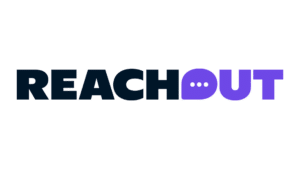
ReachOut
ReachOut offer information and individual webchat with a peer worker for young people seeking support to improve wellbeing. ReachOut have a growing library of ADHD-related content tailored to young people. Articles explore topics like:
Their video content includes advice for neurodiverse students and Q&As with a psychologist, helping to bridge the gap between clinical advice and everyday experience.
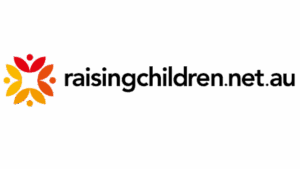
Raising Children Network
This website provides guidance for families, parents and caregivers to grow and thrive together and offers dedicated information on ADHD. Sections cover everything from ADHD and family relationships to learning, emotional wellbeing, and how to access services. It’s especially useful for parents of ADHD children and teens.
Innovation on the Horizon
While Australia doesn’t currently have ADHD-specific digital therapies approved for clinical use, international developments are promising. In the U.S., an FDA-approved video game has been developed to support attention in children with ADHD, an exciting sign of what’s possible when neuroscience and accessible design meet. These kinds of tools could offer a more engaging and personalised form of support in the future.
Digital resources for co-occurring mental health challenges
People with ADHD often experience co-occurring mental health challenges such as anxiety, depression, OCD, or sleep difficulties. These can arise in part due to the constant effort of meeting neurotypical expectations, navigating systems not designed with their needs in mind, or from masking—adapting one’s behaviour to appear more “typical”—which can be mentally and emotionally exhausting.
Digital mental health tools can offer accessible, self-paced support for these challenges. While these tools may not have been created specifically for ADHDers, their flexibility, visual design, and non-judgmental structure can make them a good fit. It’s important to explore these resources with awareness and to check whether they align with the individual’s needs and preferences.
Adults
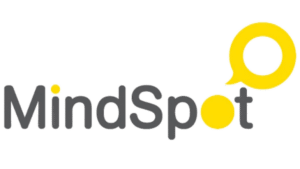
MindSpot
MindSpot is an Australian, free, national service for adults who experience stress, worry, anxiety, low mood, chronic pain, or depression. It provides mental health screening assessment and courses to manage various mental health issues. Participants can choose to receive weekly therapist support during the course, or they can choose to access a MindSpot therapist to assist with guidance through the program as needed.
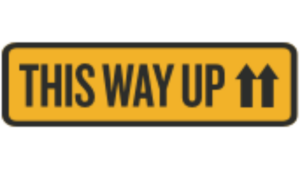
THIS WAY UP
This Way Up is an Australian service that provides online treatment for mental health concerns including anxiety, depression, OCD, and more. Please note, users require a referral from their GP or allied-health professional to access the free version of the program.
Young People

MOST
MOST is a free digital support service to help young people (12-25 years) going through a challenging time. It provides self-directed online journeys or modules for issues such as depression, sleep and anxiety, as well as moderated online communities and webchat access to professional support to help users get back on track.
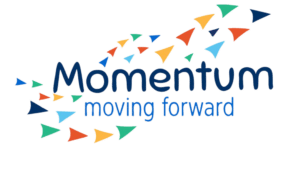
Momentum
Momentum offers online screening and tailored, self-guided CBT treatment programs for young people aged 7 to 17 years. The tailored programs assist young people to manage feelings of anxiety and/or low mood, address commonly associated difficulties such as sleep problems and help-seeking, and provide tips and information on substance use for adolescents.
Want to learn more? Check out these resources for Health Professionals supporting clients with ADHD
Interested in building your confidence in working with ADHD clients and taking a neuroaffirming approach? These resources offer practical strategies, lived experience insights, and emerging research to guide your practice:
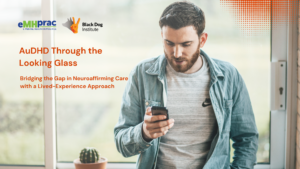
A powerful blog written from lived experience that explores the importance of systemic change and neuroaffirming support for people with both ADHD and autism (AuDHD).

Using Technology to Complement Neurodivergent Brains – eMHPrac Blog
This article highlights how digital tools can support neurodivergent individuals in daily life and mental health, and offers a list of helpful online services and peer-led supports.

Simple Strategies for living well with Adult ADHD – Recorded Black Dog Institute Webinar
A neuroaffirming discussion led by psychologist Dr Sarah Barker and GP Dr Jan Orman, covering strengths-based approaches and practical strategies for adults with ADHD.

Interoception and self-regulation – Online Course from Student Wellbeing Hub
A free professional learning course that explores emotional regulation, neurodiversity, and trauma-informed practices. While developed for educators, it’s also valuable for anyone working with neurodivergent young people.
- https://www.healthdirect.gov.au/attention-deficit-disorder-add-or-adhd



